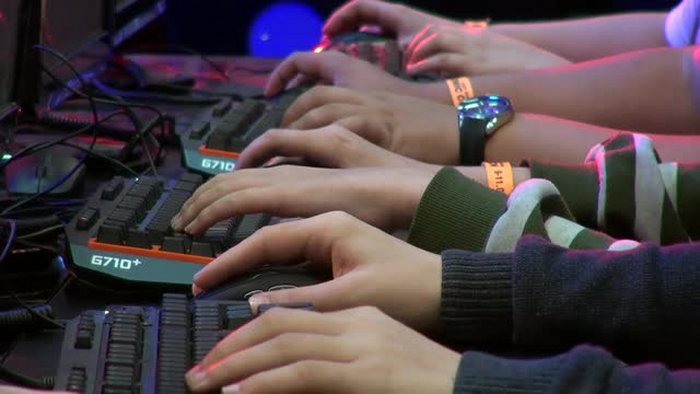Are Video Games Good Or Bad For Your Brain? It Depends What You Play
So, you bought this great video game that you just can’t stop playing because it’s truly awesome. People who spends time playing video games often experience this never-ending sensation. It’s almost like an addiction. But are video games good or bad for your brain?
Researchers have investigated several times before how video games affect the human brain and the results are not discouraging for those who just love to play, but it must be stated the nature of the game determines peoples’ health and behavior.
Video games can improve people’s visual short-term memory and eye-hand coordination, but there are also serious side-effects.

In a study published in Molecular Psychiatry, researchers revealed how action games affect the grey matter within the hippocampus, the part of the brain that is associated with spatial navigation, stress regulation and memory.
Scientists first asked 33 participants how often they had played video games in the past year. using MRIs (Magnetic Resonance Imaging) scientists scanned people’s brains and discovered that action video game players, who reported spending an average of 19 hours playing action video games each week, had less gray matter in the hippocampus than non-video game players. The difference was statistically significant.
Next, researchers asked 43 other people who don’t usually play video games to spend 90 hours over about 10 weeks playing either action video games or Super Mario games in a controlled setting.
According to according to Gregory West, the study’s lead author and an associate professor of psychology at the University of Montreal, the results showed people in the group that played action video games lost gray matter in the hippocampus and those who played Super Mario games gained gray matter in the hippocampus.
So, is there a need for concern? Not, really, said Simone Kuhn, a professor of neural plasticity at the University Clinic Hamburg-Eppendorf in Germany.
“I would never interpret this finding as a big warning against action video games,” Professor Kunh said.
Why did action video games seem to shrink the hippocampus, while a different type of game seem to have caused it to grow?
Professor West and his colleagues think that the way that each type of video game is designed could play a role
“In the majority of action video games, there’s an onscreen GPS overlaid on the screen,” Professo West said.
“There’s also wayfinding markers overlaid over the environment, and we know from past studies that when people are encouraged to navigate using these cues, really, they’re not using their hippocampal memory system to navigate.”
Instead, they’re using the caudate nucleus, which is part of the brain’s reward system.
“It’s kind of like your brain’s autopilot, you could think of it that way,” Professor West said.
“It could be the case that these action video games are encouraging people to favor this reward system over their hippocampal memory system. And then it’s become the use-it-or-lose-it type scenario.”
Studies show that 1 in 10 Americans can be labeled gamers. For who don’t know which games to choose, Professor West suggests a 3-D platform or logic puzzle game. The evidence is clear at this point that these games can be beneficial for the brain.
If you are a real gamer and still have doubts about the effects of playing, don’t forget you can always switch to something else – perhaps reading a good book…



 Creators of mankind
Creators of mankind Description of “Tall white aliens”
Description of “Tall white aliens” Where they came from?
Where they came from? About hostile civilizations
About hostile civilizations The war for the Earth
The war for the Earth “Tall white aliens” about eternal life
“Tall white aliens” about eternal life Video: “Nordic aliens”
Video: “Nordic aliens” Aliens
Aliens Alien encounters
Alien encounters The aliens base
The aliens base UFO
UFO Technology UFO
Technology UFO Underground civilization
Underground civilization Ancient alien artifacts
Ancient alien artifacts Military and UFO
Military and UFO Mysteries and hypotheses
Mysteries and hypotheses Scientific facts
Scientific facts


















